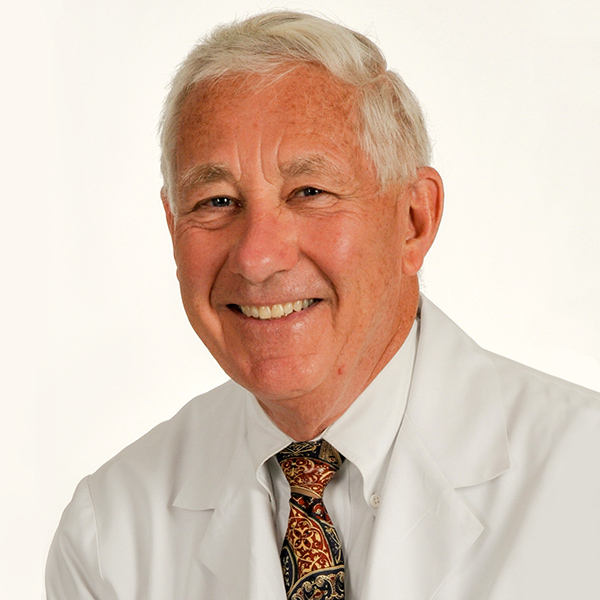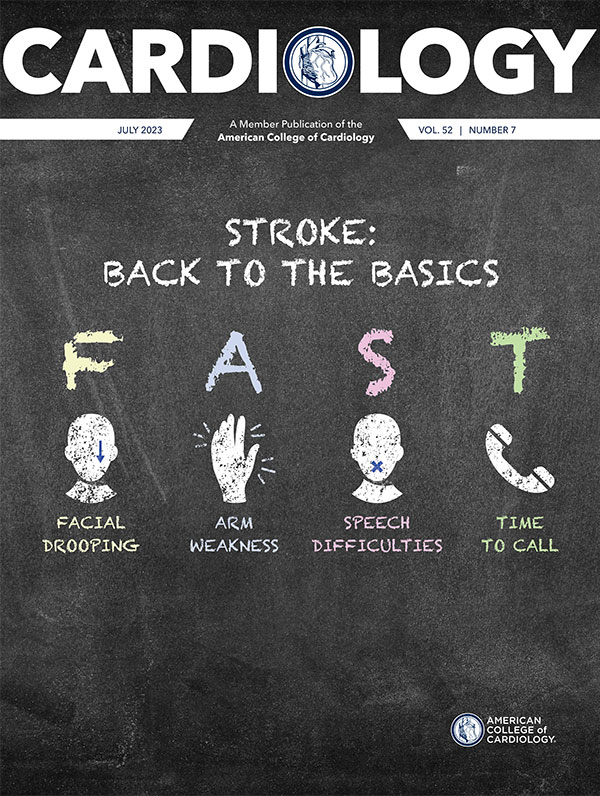Editors’ Corner | Revisiting the Fundamentals

Suffering a stroke is one of the most feared medical events, especially among Black and Hispanic women and men, who continue to see the highest rates of stroke-related death. The good news, however, is that most strokes are preventable, primarily by focusing on the basics like getting blood pressure under control and understanding family history in those who are most at risk.
For example, "paying better attention to women who have not yet had a stroke, and particularly people of different races and ethnicities, understanding they have a higher risk for stroke and worse outcomes after stroke might make a big difference in reducing the overall burden of stroke and stroke-related disability," says Kristin Miller, MD, in this month's cover story that takes us back to the fundamentals of stroke prevention and treatment.
Also in this issue, we are reminded about the importance of understanding the lived experience of patients within their communities to better solve for specific cardiovascular-related challenges.
As part of this month's Prioritizing Health section, we hear from Black patients in Buffalo, NY, who participated in two forums held by ACC's CardioSmart team. Some of their biggest struggles include clinician stereotyping, food access and security, lack of heart disease support groups, exercising safely and more. Feedback from this and other patient events in other communities in the U.S. will help to inform training and guidance for clinicians and materials for patients.
Global collaboration and education are also crucial – and again going back to the basics is often key. To that end, the NCD Academy has launched its newest course focused on chronic respiratory diseases (see Pulse of ACC), with courses now spanning every major noncommunicable disease. We also have a report out on the recent World Heart Summit and the importance of cross-sector collaboration to improve cardiovascular health for all, as well as photo highlights of ACC leaders on the ground in countries around the world.
In our regular Heart of Health Policy and Focus on Heart Failure columns, learn about the benefits of SGLT2 inhibitors, including sotagliflozin, which was just approved in the U.S.
Also don't miss the deep dive into current treatment paradigms for patients with intermediate-high- and high-risk pulmonary embolism and ongoing trials that will continue to shape its care in Peripheral Matters. How best to address the challenges for TAVR for pure aortic insufficiency takes center stage in Cutting-Edge Structural Interventions, while Focus on EP offers insights into the five key takeaways from Heart Rhythm 2023.
These are just a few of the highlights from this issue. As always, please send your thoughts and feedback to CardiologyEditor@acc.org and don't forget to share your thoughts and spark discussion among each other on social media using #CardiologyMag and tagging @ACCinTouch.
Enjoy the summer months and, for those attending ESC Congress 2023 in Amsterdam next month, don't forget to visit the ACC Booth and say hello. The College will also be providing live coverage of late-breaking science and updates on ACC.org and JACC.org, as well as via social media.

Peter C. Block
MD, FACC

John Gordon Harold
MD, MACC
Clinical Topics: Cardiac Surgery, Cardiovascular Care Team, Heart Failure and Cardiomyopathies, Invasive Cardiovascular Angiography and Intervention, Cardiac Surgery and Heart Failure, Acute Heart Failure
Keywords: ACC Publications, Cardiology Magazine, Noncommunicable Diseases, Sodium-Glucose Transporter 2 Inhibitors, Stereotyping, Transcatheter Aortic Valve Replacement, Heart Failure, Heart Diseases, Stroke, Embolism
< Back to Listings


